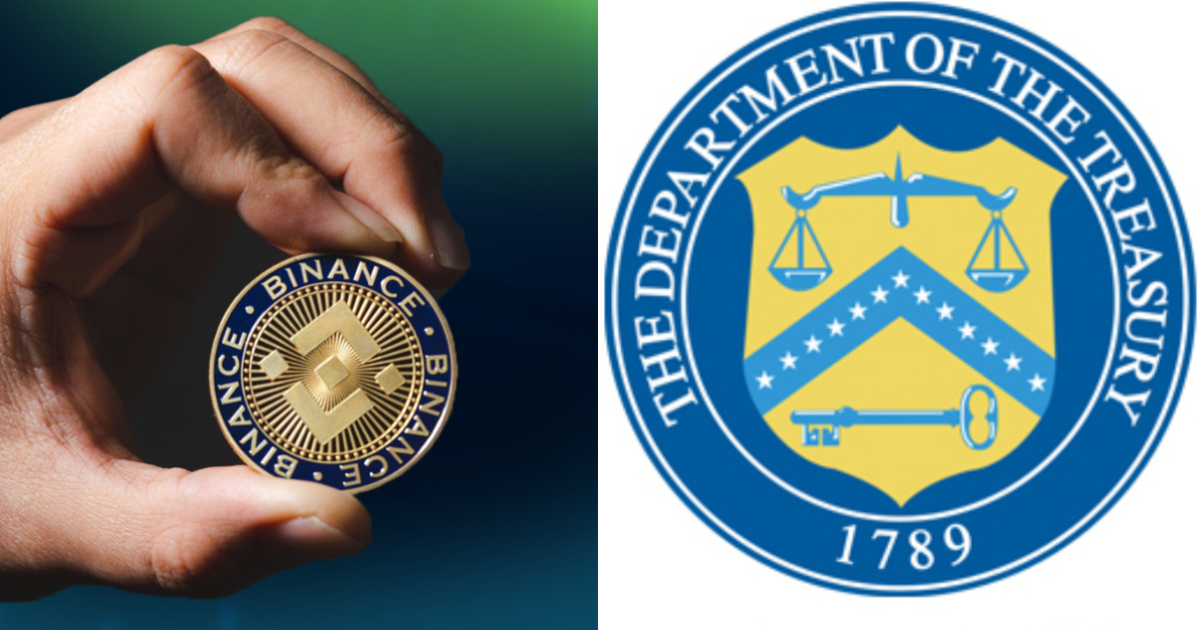
The company Binance Holdings Ltd. reached an agreement with theOffice of Foreign Assets Control (OFAC) to pay a sum of $968,618,825 for 1,667,153 apparent violations of multiple sanctions programs, including for interactions with users in Cuba.
For more than five years, from August 2017 to October 2022, Binance exchangedcryptocurrencies through its online platform, including transactions between users in sanctioned countries and persons on the OFAC block list, which constitutes a serious breach of the company's compliance with US sanctions.
Although Binance sought to project an image of regulatory compliance, including misleading third parties about its controls, senior management was aware and allowed users from both the US and sanctioned jurisdictions on its platform, according to a report.statement of the Treasury Department.
Binance also took steps to undermine its surveillance function, encouraging users to evade the controls the company allegedly imposed, resulting in (i) the direct or indirect export of goods and services from or by US persons to sanctioned jurisdictions and (ii) causing US persons to engage, directly or indirectly, in transactions with users in sanctioned jurisdictions and with blocked persons, described as "Apparent Violations."
The settlement amount reflects that these violations were not voluntarily disclosed by Binance and that the company's behavior was considered deliberate. This also considers Binance's previous agreements with the Department of Justice (DOJ), the Financial Crimes Enforcement Network (FinCEN) and the Commodity Futures Trading Commission (CFTC), as well as the company's agreement to develop a Independent Compliance Monitor for the next five years.
Among the detailed practices, Binance identified users in sanctioned jurisdictions, including Cuba, based on the KYC process and other available information. From August 2017 to October 2022, Binance processed approximately $706,068,127 in cryptocurrency transactions that violated sanctions regulations of various countries and sanctioned jurisdictions.
For crypto exchanges and other financial entities operating outside the United States, and doing business with U.S. persons or within the U.S., this case underscores the need to ensure that their activities do not cause Americans to violate their economic sanctions. government, or result in the export of goods, services or technology from the United States to sanctioned jurisdictions or blocked persons.
Binance's proactive and cooperative approach with OFAC, which included an extensive internal investigation as well as several significant remediation measures, helped mitigate the final penalty. However, this case illuminates the critical importance of regulatory compliance and the potential exposure to severe consequences for failures to comply with sanctions laws, especially in a sector as closely monitored and novel as cryptocurrency.
In September 2021,The Cuban regime announced that it would begin to regulate the use of cryptocurrencies and would grant licenses for service providers that operate with them, according to the Central Bank of Cuba (BCC).
In April of the following year,Cuban authorities authorized the use of cryptocurrencies in the national banking system for natural and legal persons, and announced the delivery of licenses for one year to those who provide virtual asset services.
"It has been brewing for some time, (lately) the regulations have been reacting to reality, and that is something that, in the Cuban context, is important," said the academic.Arthur Lopez Levy one day after the announcement. "For sanctioned countries, this is an alternative that has already been applied"he stressed.
The statements of the controversial professor at the universities of Denver and Colorado, and cousin of the deceased generalLuis Alberto López-Calleja (who directed theGrupo de Administración Empresarial S.A, GAESA), they showed that the Cuban government could avoid the economic sanctions of the United States through the use of cryptocurrencies.
One of the advantages of using cryptocurrencies, according to the Cuban academic, was the difficulty in tracking the operations carried out with it. Their analysis apparently did not take into account OFAC's technology, nor the zeal with which it carries out its mission.
What do you think?
SEE COMMENTS (3)Filed in: